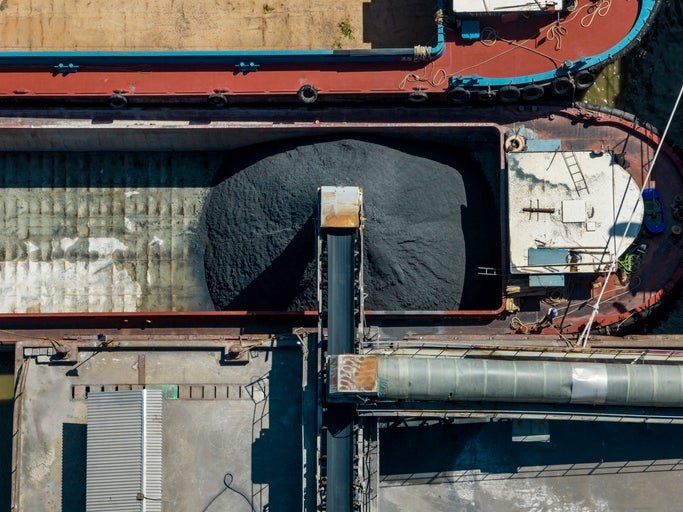
In January 2023, four major Chinese coal importers resumed purchases of coal from Australia, after China ended its unofficial ban of the product and began the economic recovery from its zero-Covid policy.
China imposed the unofficial ban in mid-2020 after Australia called for an investigation into the origins of Covid-19. Before the restrictions, in July 2020, Australia was the biggest supplier of coal to China. However, by the end of the year, imports had plummeted. Other goods were also affected by the new trade restrictions, including barley and wine.
Tensions have eased since Australia elected a new Labor government last year, and in December 2022, foreign minister Penny Wong was the first Australian minister to visit Beijing in three years.
Nevertheless, it seems unlikely that lifting the restrictions will cause a sudden surge in the coal trade between the two countries. Not only has China increased domestic production since 2020, but Australian coal prices have increased since 2020 and the country has since found alternative buyers for its coal.
If trade does pick up again, it would likely have implications for those countries whose exports filled the gap Australia left in China’s coal imports. In 2021, Indonesia and Russia became the biggest suppliers of coal to China. The former saw its exports increase by 57% compared with 2020, and the latter by 61%.
In March 2023, China’s coal imports reached the highest levels in years. More than 41 million tonnes of coal arrived in the country – making China one of the largest global importers of the commodity – up 151% compared with the year before. Coal imports in the first quarter of 2023 almost doubled compared with the first quarter of 2022.

US Tariffs are shifting - will you react or anticipate?
Don’t let policy changes catch you off guard. Stay proactive with real-time data and expert analysis.
By GlobalDataAs China has reopened its economy, it is not just imports that are up. The country faced power shortages in the summer of 2022 after drought affected hydropower output. Because China believes its energy security depends partly on coal, officials pushed to increase domestic coal production and coal-fired power plant permitting accelerated dramatically in 2022. Coal production in China increased by 8% to 4.4 billion tonnes in 2022 compared with the year before, according to data from GlobalData, Energy Monitor’s parent company.



